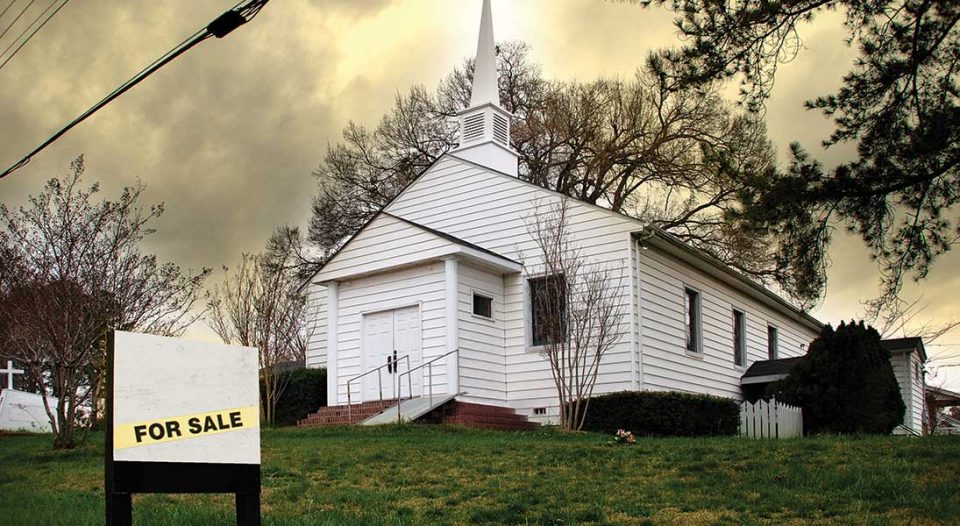What Does “Post-Christian World” Mean?

Another book is published expressing the opinion that Christians now must learn to live in a “post-Christian world.” A friend asks me if there can be such a thing as a post-Christian world. Here is my answer.
It depends.
We certainly do not live in a world without Christianity. But “Christendom” is quickly disappearing from places where it once existed. “Christendom” is a culture in which Christianity functions as the “glue” that holds people together. There are strong versions (theocracy) and weak versions (where Christianity is taken for granted as the foundation for public morals but there is no state-supported church).
Most people who talk about a post-Christian world mean a world where Christendom is disappearing—especially where it is disappearing in the Western world of Europe and North America where Christianity was once the dominant, even default moral guidance mechanism.
In much of America today (to say nothing of Europe) one cannot assume that people have any acquaintance at all with the Bible or Christianity. This is quite different from fifty years ago. Certain biblical sayings may still be mouthed, but they are usually attributed to someone outside the Bible or to no one in particular. A billboard promotes civility by showing Abraham Lincoln and the quote “A house divided [against itself] cannot stand” as if Lincoln said it first. Of course, he was quoting Jesus. A television magazine host quotes the Bible but says “Doesn’t it say somewhere that….?”
*Sidebar: The opinions expressed here are my own (or those of the guest writer); I do not speak for any other person, group or organization; nor do I imply that the opinions expressed here reflect those of any other person, group or organization unless I say so specifically. Before commenting read the entire post and the “Note to commenters” at its end.*
Now, of course, someone will push back and argue that we are not in a post-Christian world (in America) because Christian mega-church pastors and conservative religious leaders have such obvious public influence in the political realm. That’s not the point. The point is that the majority of Americans outside certain cultural enclaves (mostly in the South) are ignorant about Christianity and a Christian can no longer argue publicly for a public policy (within the halls of government power) on the basis that Jesus would say or do something.
Separation of church and state (in America but elsewhere as well) has reached a point where to many people it means a total privatizing of faith. And many Christians have mixed their Christianity with other, alien worldviews and beliefs such as reincarnation and karma.
Many observers of culture are saying that 21st century Christians will need to learn from the ancient church fathers, ancient Christians of the Roman Empire, for example, what it means to live in a culture that is not at all shaped by Christianity. That was pre-Christendom; this is post-Christendom. There is no consensus about whether this is a good or a bad thing. That’s a different question than whether it’s possible for there to be a post-Christian world.
The answer to whether there can be a post-Christian world (as explained above) is all around us.
*Note to commenters: This blog is not a discussion board; please respond with a question or comment only to me. If you do not share my evangelical Christian perspective (very broadly defined), feel free to ask a question for clarification, but know that this is not a space for debating incommensurate perspectives/worldviews. In any case, know that there is no guarantee that your question or comment will be posted by the moderator or answered by the writer. If you hope for your question or comment to appear here and be answered or responded to, make sure it is civil, respectful, and “on topic.” Do not comment if you have not read the entire post and do not misrepresent what it says. Keep any comment (including questions) to minimal length; do not post essays, sermons or testimonies here. Do not post links to internet sites here. This is a space for expressions of the blogger’s (or guest writers’) opinions and constructive dialogue among evangelical Christians (very broadly defined).
















